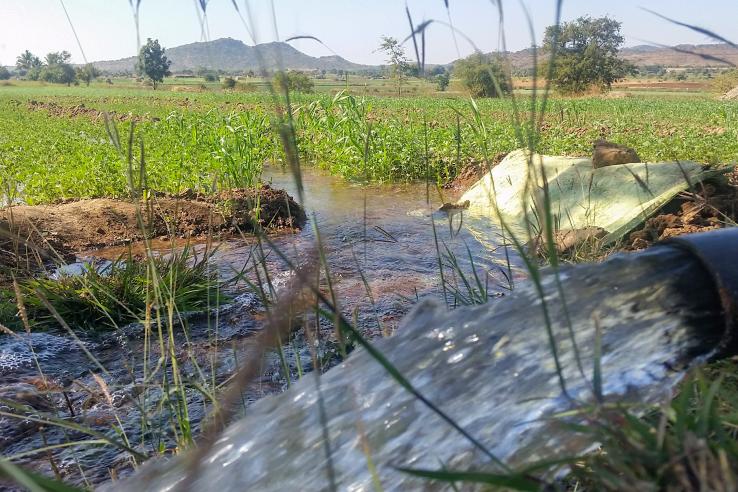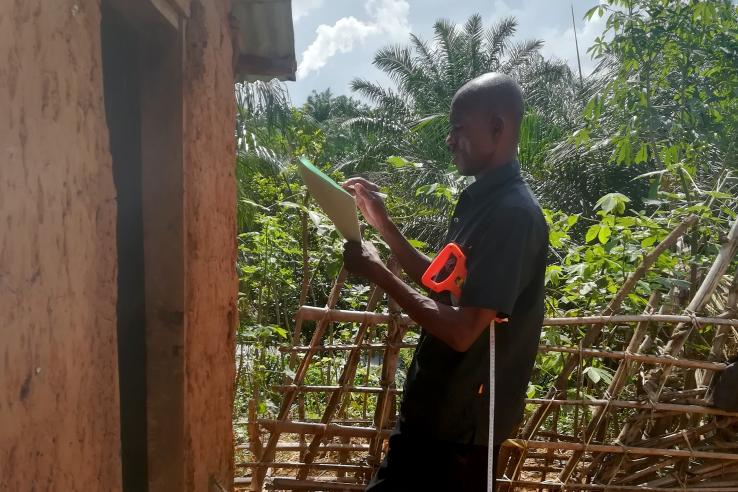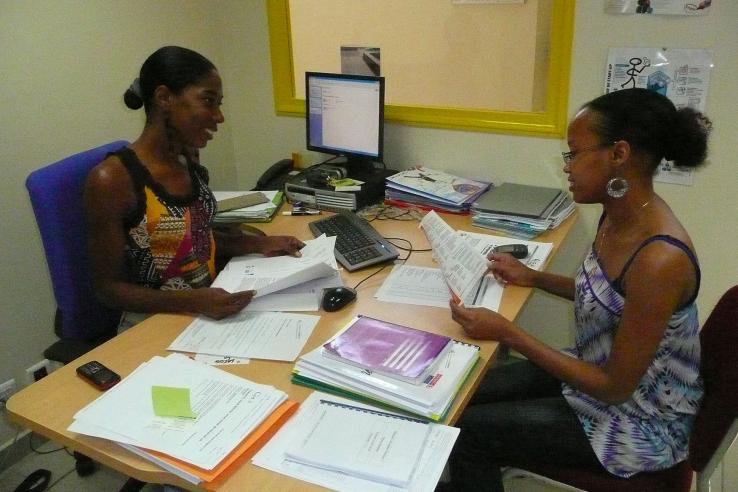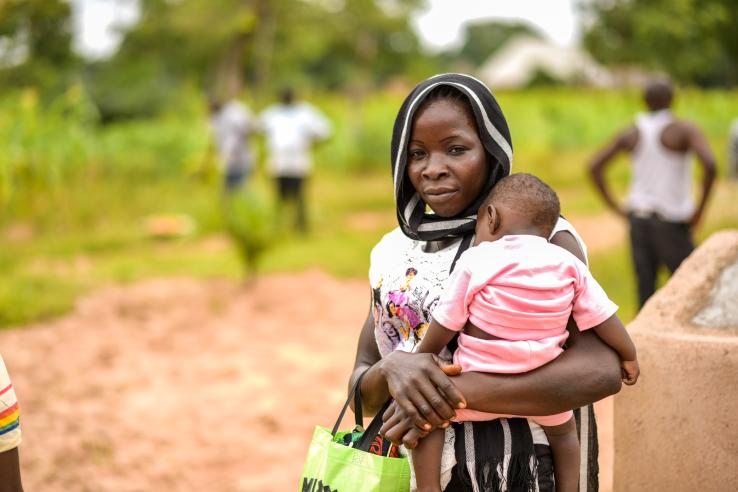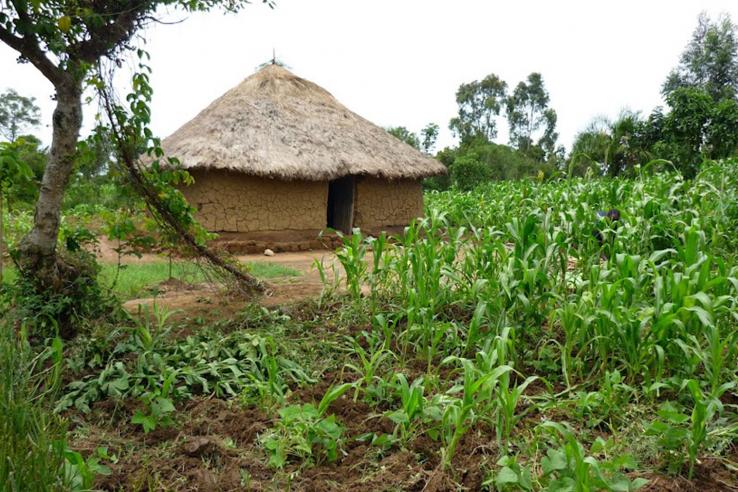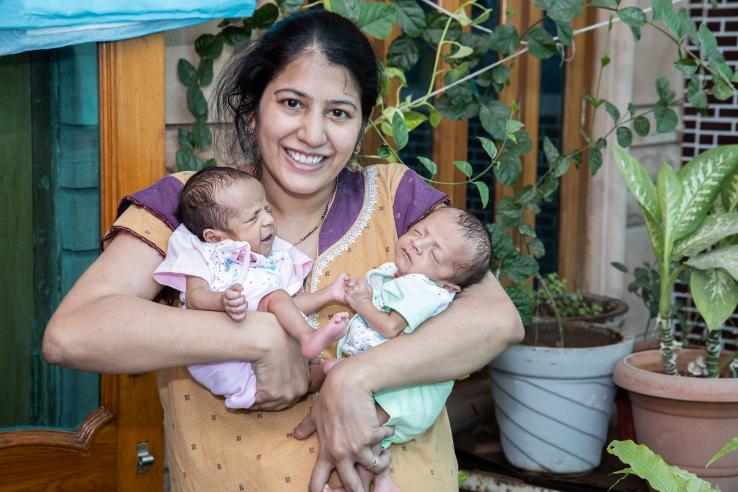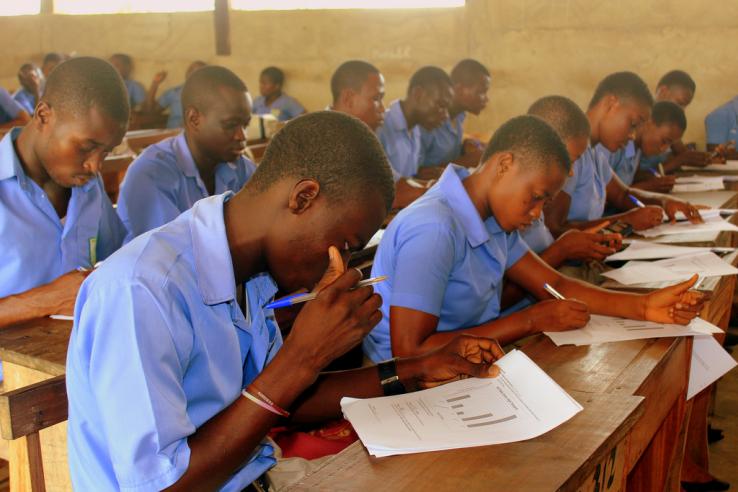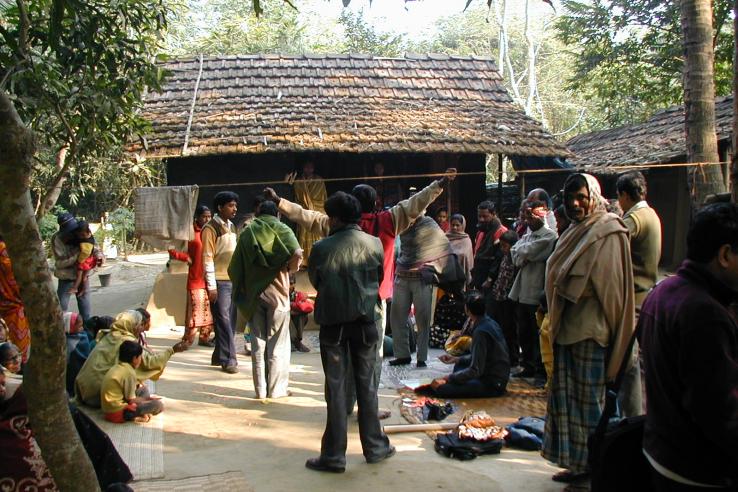Displaying 4681 - 4695 of 8448
Evaluation
Researchers partnered with a rural development organization to evaluate financial incentives for voluntary groundwater conservation among smallholder farmers in Gujarat, India.
Evaluation
In Kananga, Democratic Republic of Congo (DRC), researchers conducted a randomized evaluation to test the impact of a subsidized land titling program on both starting and completing land registration, as well as on citizens’ participation in social institutions. Being offered a land titling subsidy substantially increased the number of citizens who began the property registration process and obtained a land title, while decreasing participation in social institutions and worsening citizens’ evaluations of chiefs.
Evaluation
Researchers partnered with five job centers to test whether health counseling targeted at youth increased insurance coverage and health care use, leading to better health and employment outcomes. Encouraging youth to meet with a social worker and with a physician increased enrollment in the public universal health insurance, but did not significantly affect youth’s understanding of their rights and of the insurance reimbursement procedures. The program almost doubled the number of youth that consulted a psychologist and increased the time spent participating in vocational training programs.
Evaluation
In partnership with the Ministry of Education of Afghanistan, researchers are conducting a randomized evaluation to study whether mobile salary payments (MSPs) improve learning by increasing teacher attendance and morale.
Evaluation
Researchers evaluated the impact of a program aiming to develop the autonomy and decision-making skills of young people interested in starting a company or organization. They found that the program had positive impacts on the employment status, income, and overall confidence of the participants.
Evaluation
In Northern Nigeria, researchers are testing the effect of providing mothers with unconditional cash transfers, coupled with varying levels of information and guidance on nutrition, to encourage parents to use funds for their children’s nutrition and food security.
Evaluation
Researchers conducted a randomized evaluation to test the impact of offering coupons, facilitated discussion groups, and measuring spoons on fertilizer usage, fertilizer knowledge, and agriculture-related discussions amongst farmers. While discussion groups alone had no impact on fertilizer use, coupons and spoons both increased fertilizer use and led to more knowledge-sharing among farmers.
Evaluation
In partnership with the Government of Jharkhand, researchers conducted a randomized evaluation to study the impact of unconditional, framed cash transfers to pregnant women and lactating mothers on child health.
Evaluation
Researchers used Chicago’s school choice program, which uses a random lottery to allocate slots in elementary schools, to evaluate how the opportunity to attend a higher-quality school impacts academic achievement. They found that lottery winners are more likely to attend higher-performing schools, but they do not have higher test scores than their peers who were not offered slots.
Evaluation
Understanding the factors that influence voting behavior is a central policy issue. Often voting outcomes directly determine funding of critical public goods such as public education.
Evaluation
A study conducted in Ghana over 15 years evaluated the benefits of secondary school scholarships on both education and health outcomes.
Evaluation
In Sub-Saharan Africa, wage job opportunities are limited, and a vast majority of young people are engaged in low-productive work. Many governments support formal apprenticeship programs to help youth find suitable employment, but there is limited evidence on the direct and indirect effects of these public interventions. Researchers partnered with the World Bank and the government of Cote d’Ivoire to evaluate the impact of a subsidized dual apprenticeship program targeting both youth and firms. The apprenticeship program increased participation among youth in formal apprenticeships, and participating firms hired more formal apprentices after the program was implemented.
Evaluation
Researchers evaluated the learning impacts of using AI systems to score and comment on essays written for Brazil’s national post-secondary admission exam. In schools where AI technology was introduced, teachers were able to provide more frequent individualized feedback to students, and students’ essay scores improved as a result.
Evaluation
Following the implementation of a policy mandating lower-caste representation in some local village councils in India, researchers evaluated how lower-caste presidents invested in and distributed goods. They found that disadvantaged lower-caste groups received more public goods in councils with an elected leader from their own group.
